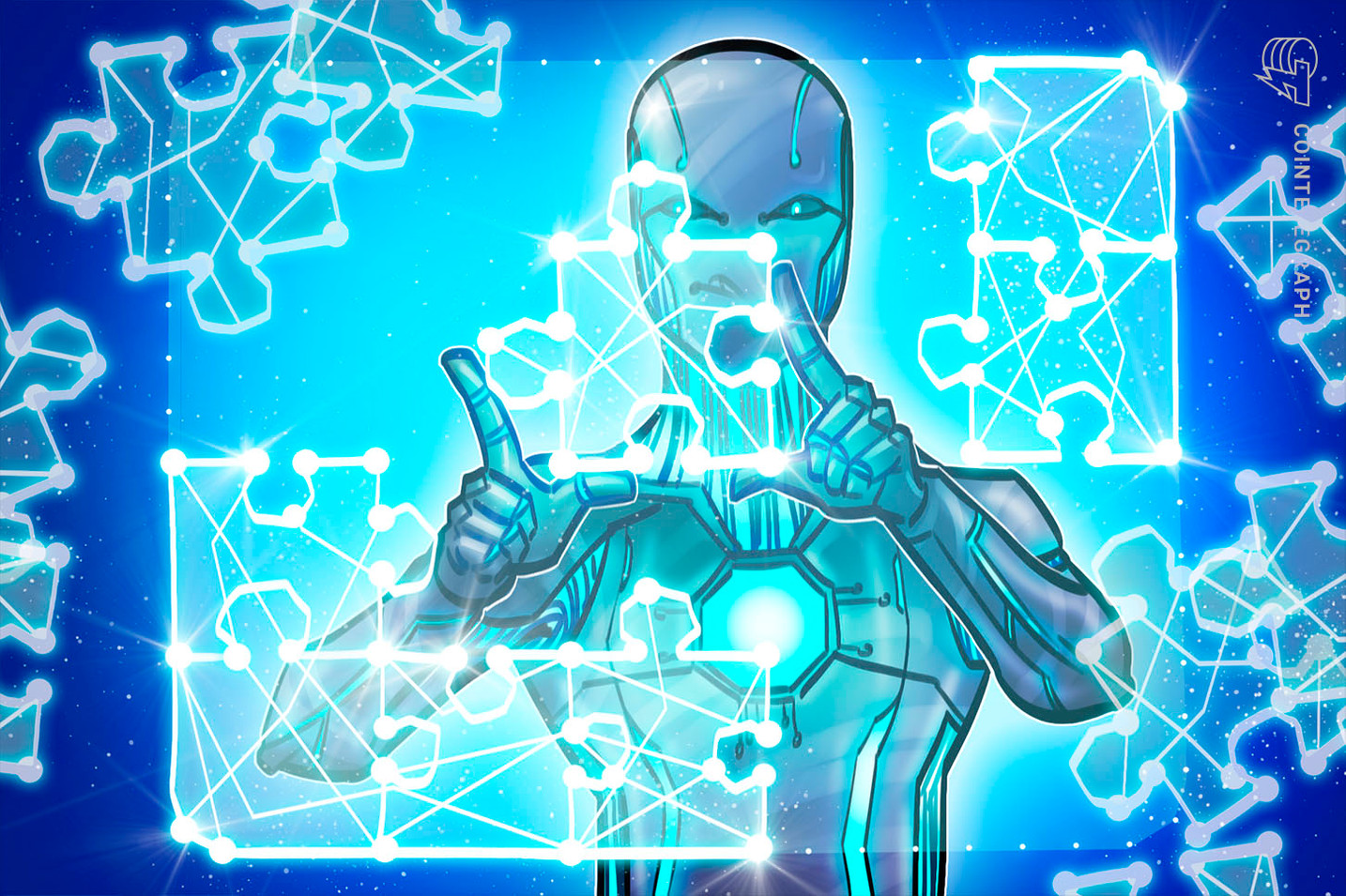AI technology holds immense potential to revolutionize how we live, work, and interact. However, as with any powerful tool, there is a substantial risk of misuse or unintended consequences, particularly for those in marginalized communities. These concerns were the focal point of a recent panel discussion titled “Weighing AI and Human Progress” at the Obama Foundation’s Democracy Forum. Alondra Nelson, a professor of social science at the Institute for Advanced Study, cautioned that AI tools can be incorrect and might perpetuate discrimination.
Key Highlights:
- The Obama Foundation Democracy Forum discussed the impact of AI on democracy and marginalized groups.
- Experts warned that AI could further marginalize people of color if not properly managed.
- AI’s potential harms are intersectional, affecting civil, political, economic, social, and cultural rights.

The Intersection of AI and Inequity
The implications of AI are not only technical or economic but deeply entwined with social justice. As AI systems become more prevalent, they often inherit and amplify existing biases present in society. This can result in discriminatory outcomes in areas like employment, law enforcement, and access to services. The discussion at the Forum, attended by thought leaders and tech experts, emphasized the importance of harnessing AI for the public good, ensuring it benefits democracy rather than undermining it.
Understanding the Risks
Nani Jansen Reventlow, a contributor to the Berkman Klein Center for Internet & Society at Harvard University, has written extensively on the multi-faceted harms AI can cause. These harms are intersectional, cutting across various aspects of rights and liberties. When deployed without a careful consideration of context, AI threatens not just individual rights but the foundation of those rights themselves.
Call to Action
The forum’s conversations suggest a call to action for policymakers, technologists, and civil society to collaborate in creating AI that is equitable and just. Establishing frameworks for ethical AI development, promoting transparency in AI systems, and ensuring accountability for AI-driven decisions are pivotal steps toward mitigating the risks AI poses to marginalized groups.
The Obama Foundation Democracy Forum has shed light on the significant challenges AI presents to marginalized communities. The risk of AI exacerbating existing inequalities is high, and the need for an inclusive approach to AI development is clear. As AI becomes increasingly integrated into the fabric of society, it is crucial to ensure that it serves as a tool for empowerment rather than oppression, and that it supports the rights and dignities of all individuals.


















